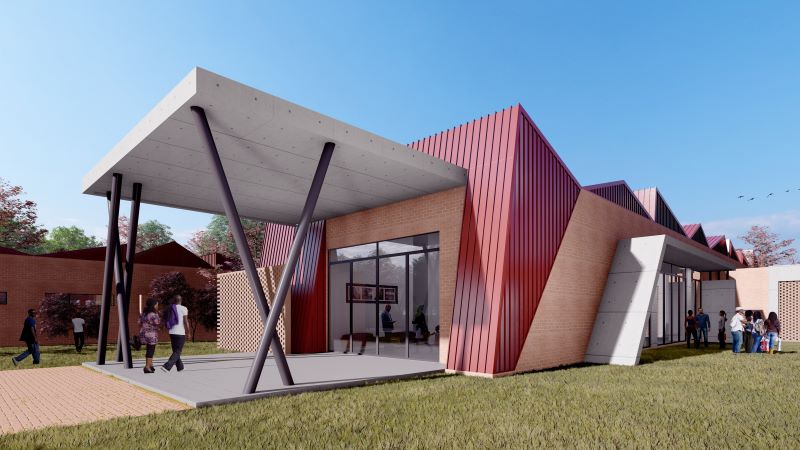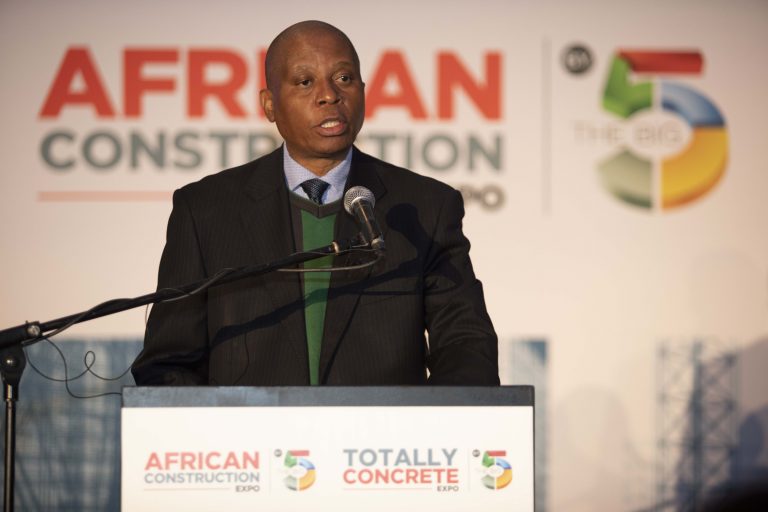

The City of Johannesburg’s draft Inclusionary Housing Policy, which is currently out for public comment, is not a workable solution and may, in its current form, deter the private sector from developing residential units, says the South African Property Owners’ Association (Sapoa).
Sapoa CEO Neil Gopalexplains that the draft does not address the “many complex matters associated with the question of affordable housing”, including residential market realities, or the financial and social consequences of such a policy.
The policy is meant to be financially sustainable and profitable for private developers and financiers while still creating integrated, affordable, low-cost housing for residents, according to the office of executive mayor Herman Mashaba.
The draft policy proposes that every new development of ten dwelling units or more must include 20% inclusionary housing.
Incentives in the form of proportional bonuses in development controls, reduction in parking requirements, reductions in parks and bulk infrastructure contributions, and a rates rebate for the inclusionary units have been proposed.
The city’s vision is that inclusionary housing, when managed privately, should cater for households with an income of R7 000/m or less or should fit into published social housing bands.
Sapoa believes the proposed mandatory 20% inclusionary housing requirement may negatively affect the feasibility of residential developments and is potentially burdensome to private developers already experiencing declining returns and profit margins.
Sapoa notes that the city is proposing an income range that is fixed for the entire city, which does not consider the spatial fluctuations in land costs.
“In terms of potential social impacts, the proposed inclusionary housing policy may isolate low-income households in high-income, market-related developments, with inadequate access to affordable social facilities,” the organisation adds.
Sapoa recommends the city increase emphasis on a negotiation-based approach to inclusionary housing provision and incentives, rather than a mandatory, blanket approach to implementation.
It suggests that the policy be limited to selected large housing developments, the scale of which supports the feasible inclusion of housing units for low-income households. The inclusionary housing requirements must also be flexible based on the underlying economic and residential property market conditions.
Lastly, Sapoa suggests that the target affordability threshold must be location flexible and incorporate a broader income range to increase economic feasibility.





